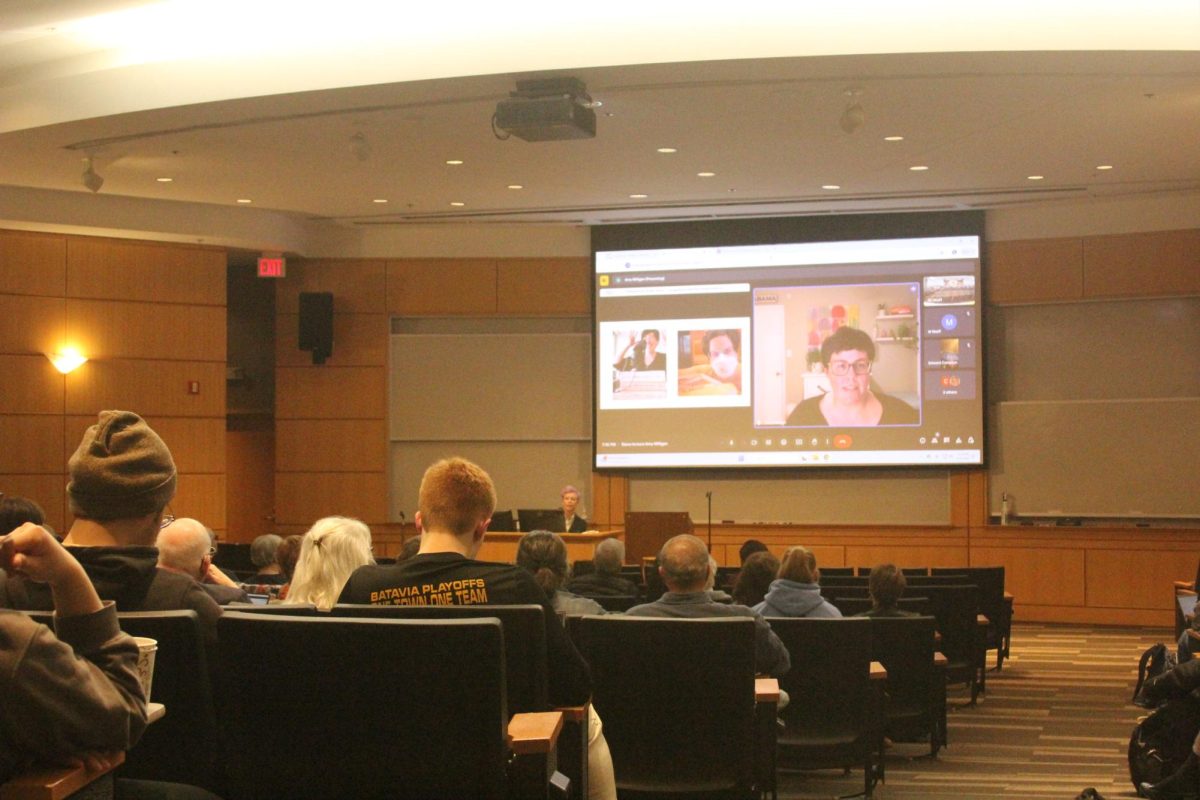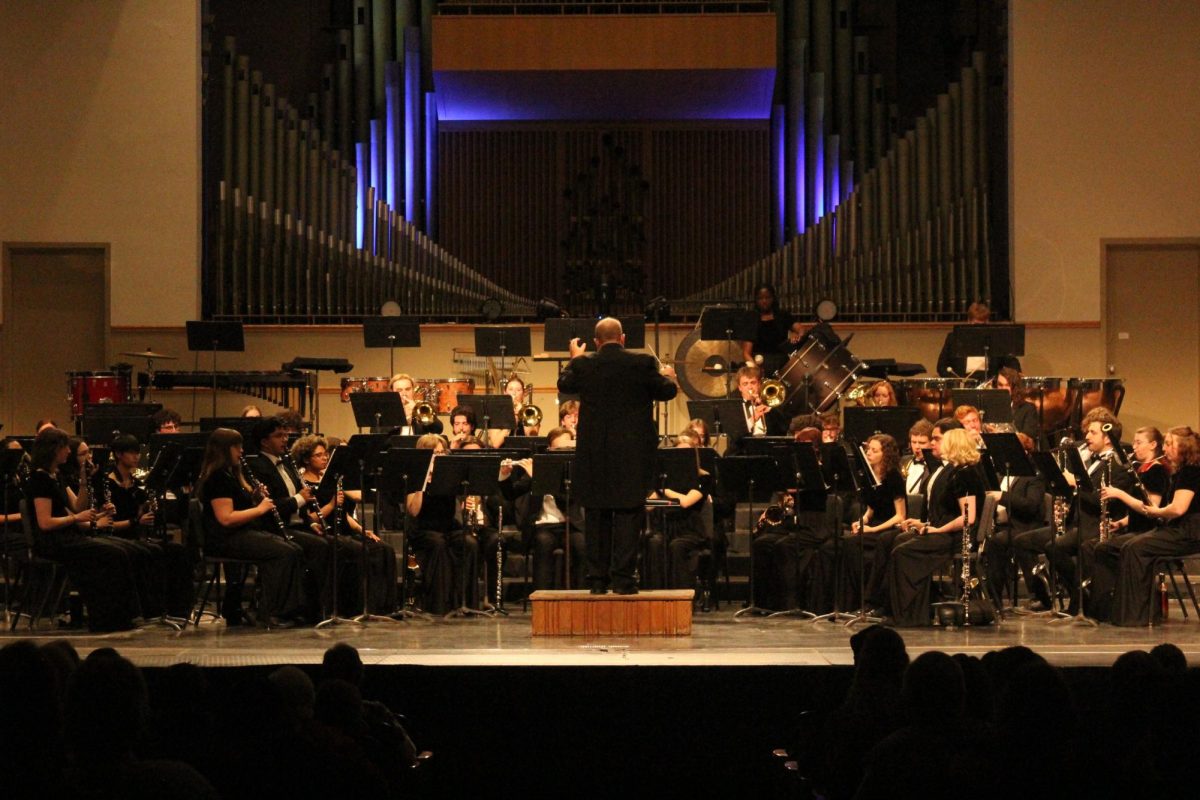Three years since the first Symposium Day, the question of having an alternative day of learning has had mixed reviews.
Most students who participate in one session or fewer find no value in the day, while those who attend more than two sessions do.
An alternative day of learning can benefit the student, faculty, and staff. However, the way in which Augustana has presented this matter has been less than satisfactory.
Since its induction, the approach to Symposium Day has been debatable.
Not only does it interrupt the typical academic learning schedule, frustrating faculty, it often serves as a day off for uninspired students.
The activities that occur the night preceding, aptly named “Symbrosium,” are not the educational experience Augustana intended Symposium Day to stand for.
(If we’re getting technical, they are partaking in the primal definition of symposium, according to the Oxford English dictionary.)
Symposium days in higher education often invite students and faculty from other colleges, gaining viewpoints from outside sources and peers. Augustana, which is infamous for its “Augie bubble,” only invited four featured speakers from other universities, perpetuating the nickname.
If Augustana wants to be on the forefront of liberal arts education, and focus on the importance of a global community, we need to “embrace our differences” with other communities outside of our own.
The process of including Knox College, Western Illinois University, Monmouth College, and St. Ambrose University wouldn’t be too strenuous. Even extending the invitation to the ACM (Associated Colleges of the Midwest) could be beneficial, from both an educational and financial standpoint.
If that idea is too broad or expensive, we should at least modify and improve our current model. One annual symposium, consisting of one weekend, would allow for the possibility to increase participation without the interruption of the typical academic schedule.
While the fall symposium, associated with Augie Reads, appeals to first-years, the spring Celebration of Learning is geared towards those who are presenting their senior inquiry projects. The Celebration of Learning and Augie Reads can sustain themselves, which would allow for the symposium model to grow.
Student attendance is poor without faculty having to require them to attend. This inspires disdain and discourages students from participating in any form of alternative learning on campus.
It might even be more beneficial to send students to other universities’ symposiums, ones that can provide developmental and professional experience. That way they could escape the homogenous Augustana culture and learn from a different perspective.
Traditional symposiums also cover topics like character, leadership and scholarship, which are more advantageous than cheesy themes.
While Augustana loves a good theme, the current plan is more apt for a smaller conference. As is, it forces the entire campus into a model that doesn’t provide an applicable educational experience.
We should focus on building a general conference, with a wide focus that allows for sessions on a wide variety of topics and extending our marketplace of ideas to the outside community. More professional and developmental categories offered can be applicable to all fields and draw a larger community to our small one.
That’s exactly what a college like Augustana needs: development, in a variety of areas. Symposium Day should function as a day for intermingling of majors, ideas, and especially discussion, and the current system doesn’t provide that option.
There should be more room for student debate and faculty commentary in general.
It’s time for serious improvements and reform if Augustana wants greater attendance and a more fulfilling educational experience.
Symposium Day requires fresh start to be successful
October 2, 2014
0
Tags:
More to Discover




































































































